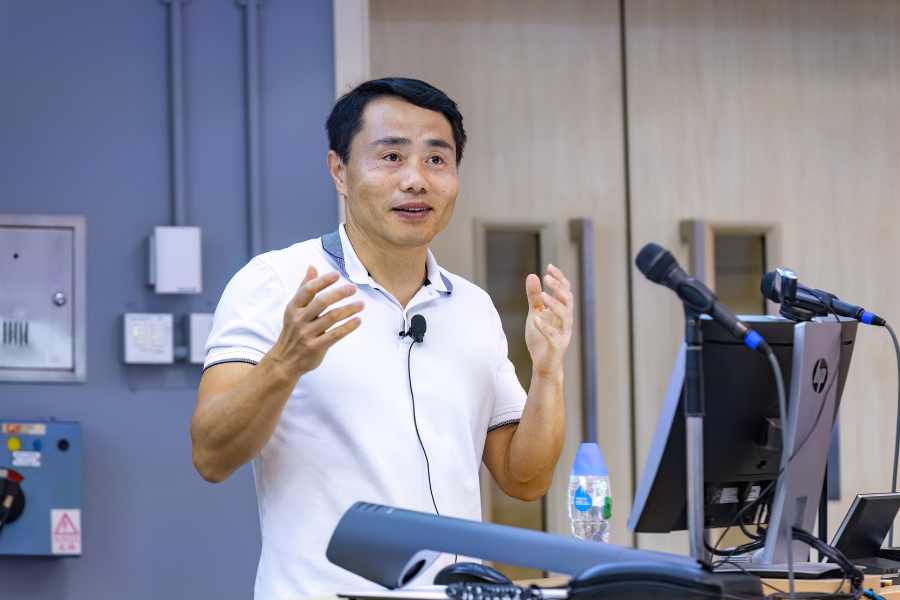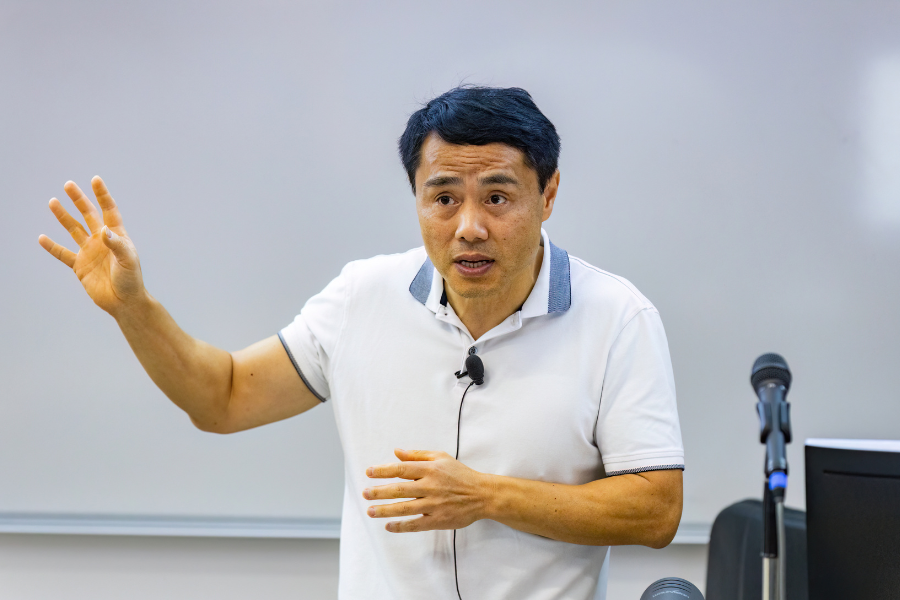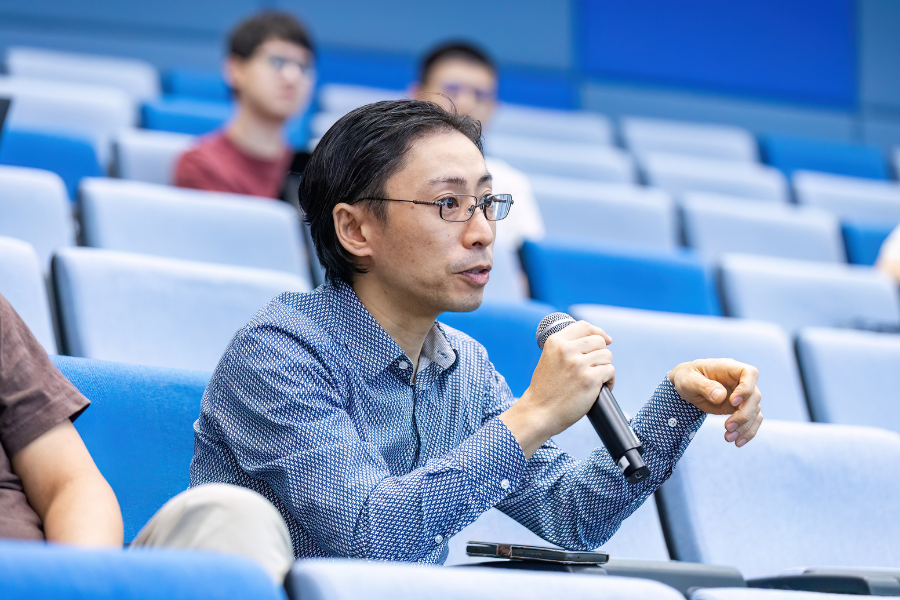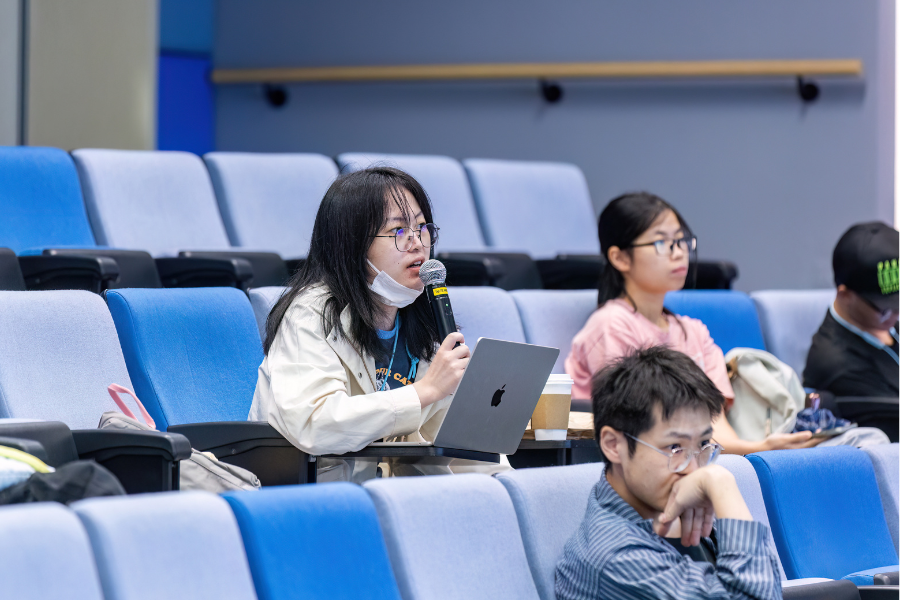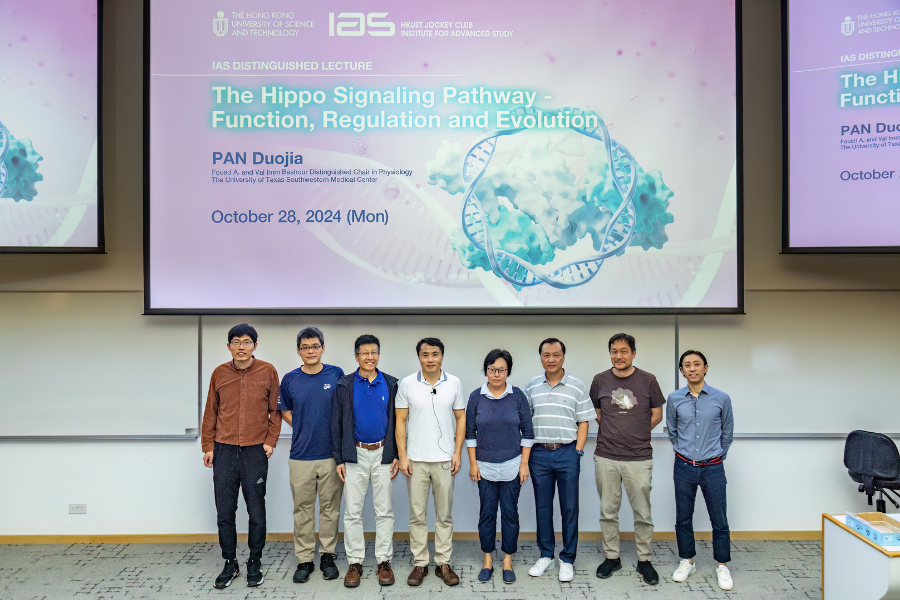The Hippo Signaling Pathway - Function, Regulation and Evolution
Abstract
The development of animal organs is controlled by just a handful of canonical signaling pathways, which are often dysregulated in human diseases including cancer. The Hippo signaling pathway represents the latest member of this elite club. In this talk, the speaker will reflect on the early discoveries in Drosophila that elucidated the core kinase cascade and transcriptional machinery of the Hippo pathway, highlight its deep evolutionary conservation from humans to unicellular relatives of metazoan, and discuss recent insights into the regulation of Hippo signaling by upstream inputs. The speaker hopes to underscore the importance of model organisms and a cross-species approach in uncovering fundamental and universal mechanisms of life processes.
About the Speaker
Prof. PAN Duojia received his BS in Biochemistry from Peking University in 1988. He moved to the US through the China-United States Biochemistry Examination and Application (CUSBEA) program and received a PhD in Biological Chemistry from the University of California, Los Angeles in 1993. After postdoctoral training at the University of California, Berkeley, he joined the University of Texas (UT) Southwestern Medical Center as an Assistant Professor of Physiology in 1998 and was promoted to Associate Professor with tenure in 2004. He then was recruited to Johns Hopkins University School of Medicine and became a Howard Hughes Medical Institute Investigator in 2008. In 2016, he returned to UT Southwestern Medical Center and is currently the Fouad A. and Val Imm Bashour Distinguished Chair in Physiology.
Prof. Pan investigates the molecular mechanisms of growth control and tissue homeostasis and their implications in human disease. He is best known for pioneering work on the Hippo signaling pathway, an evolutionarily conserved developmental pathway that regulates tissue growth in animals ranging from insects to mammals. Using Drosophila as a model, his laboratory made a series of discoveries that defined, in a stepwise manner, the key molecular events in the Hippo signaling pathway. His team further established a critical role for the Hippo pathway in controlling mammalian organ size, regeneration and tumorigenesis. Besides the Hippo pathway, his lab also elucidated the molecular function of the Tsc1 and Tsc2 tumor suppressor genes, linking Tsc1/Tsc2 to Rheb and TOR signaling. This work provided the molecular basis for the use of mTOR inhibitors in the treatment of Tuberous Sclerosis. His current efforts are focused on further elucidation of the mechanisms, regulation and evolution of Hippo signaling, as well as the discovery of novel growth regulators and pathways through forward genetic screens.
Prof. Pan was elected a Fellow of the American Association for the Advancement of Science in 2012 and a Member of the US National Academy of Sciences in 2023. He received the Paul Marks Prize for Cancer Research in 2013 and the Passano Award in 2022.
For Attendees' Attention
Seating is on a first come, first served basis.

